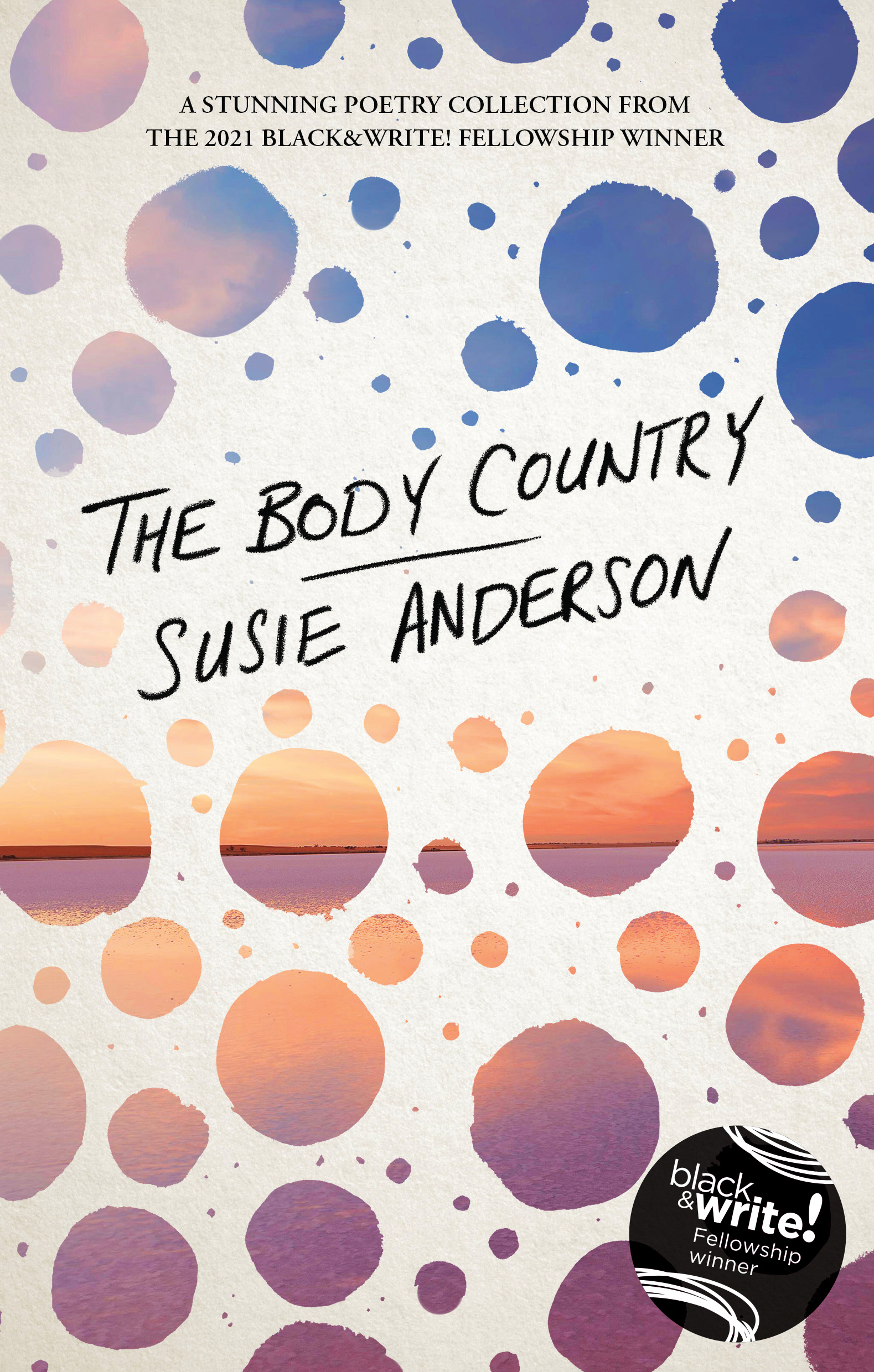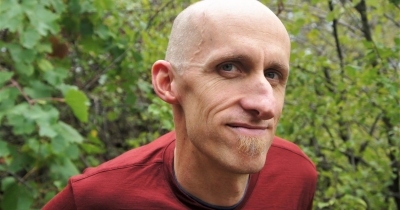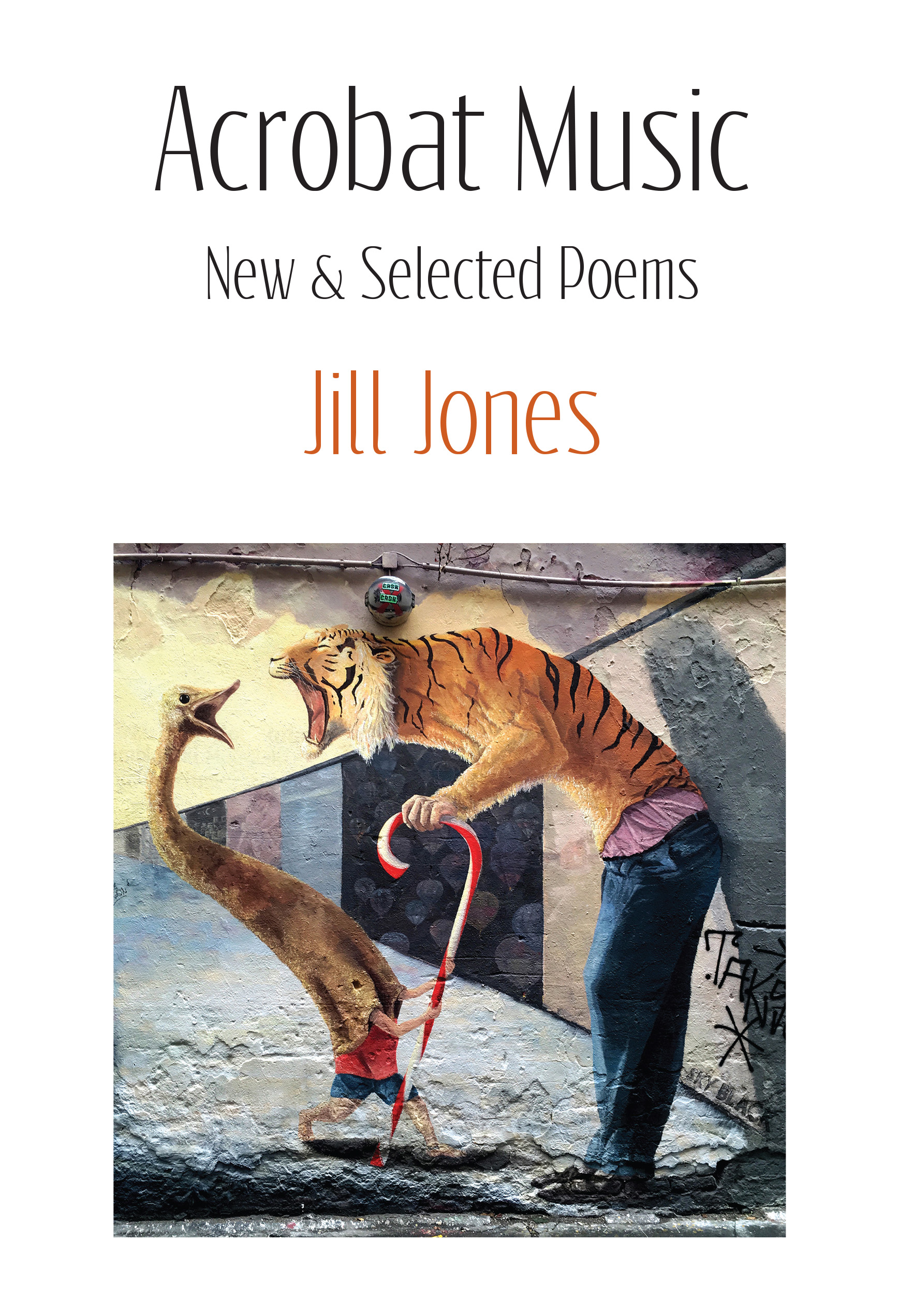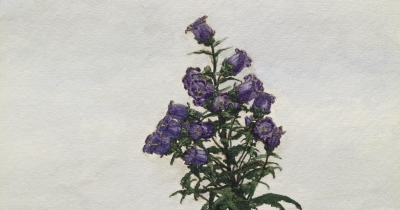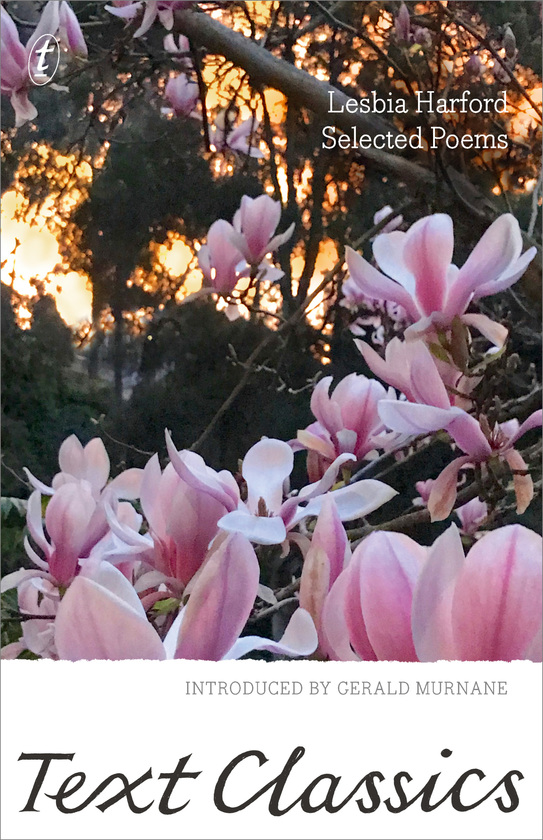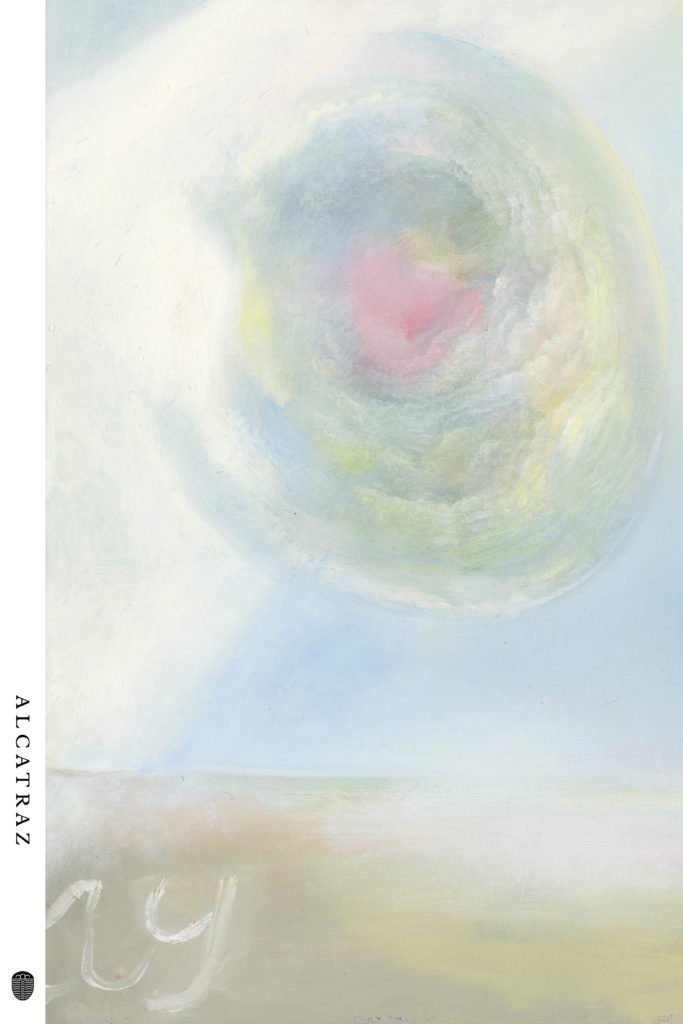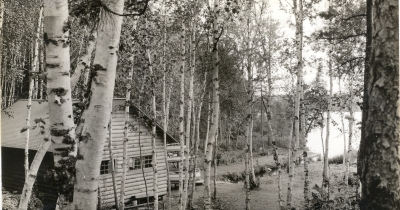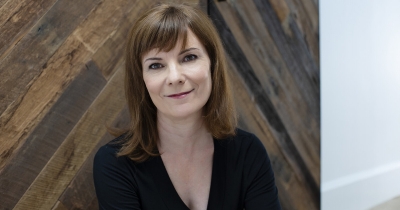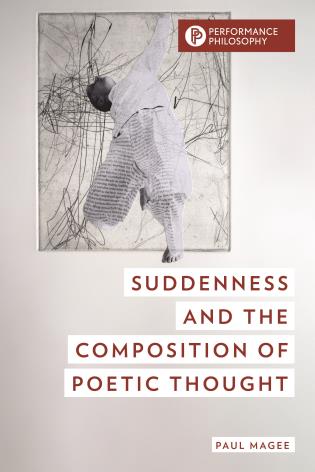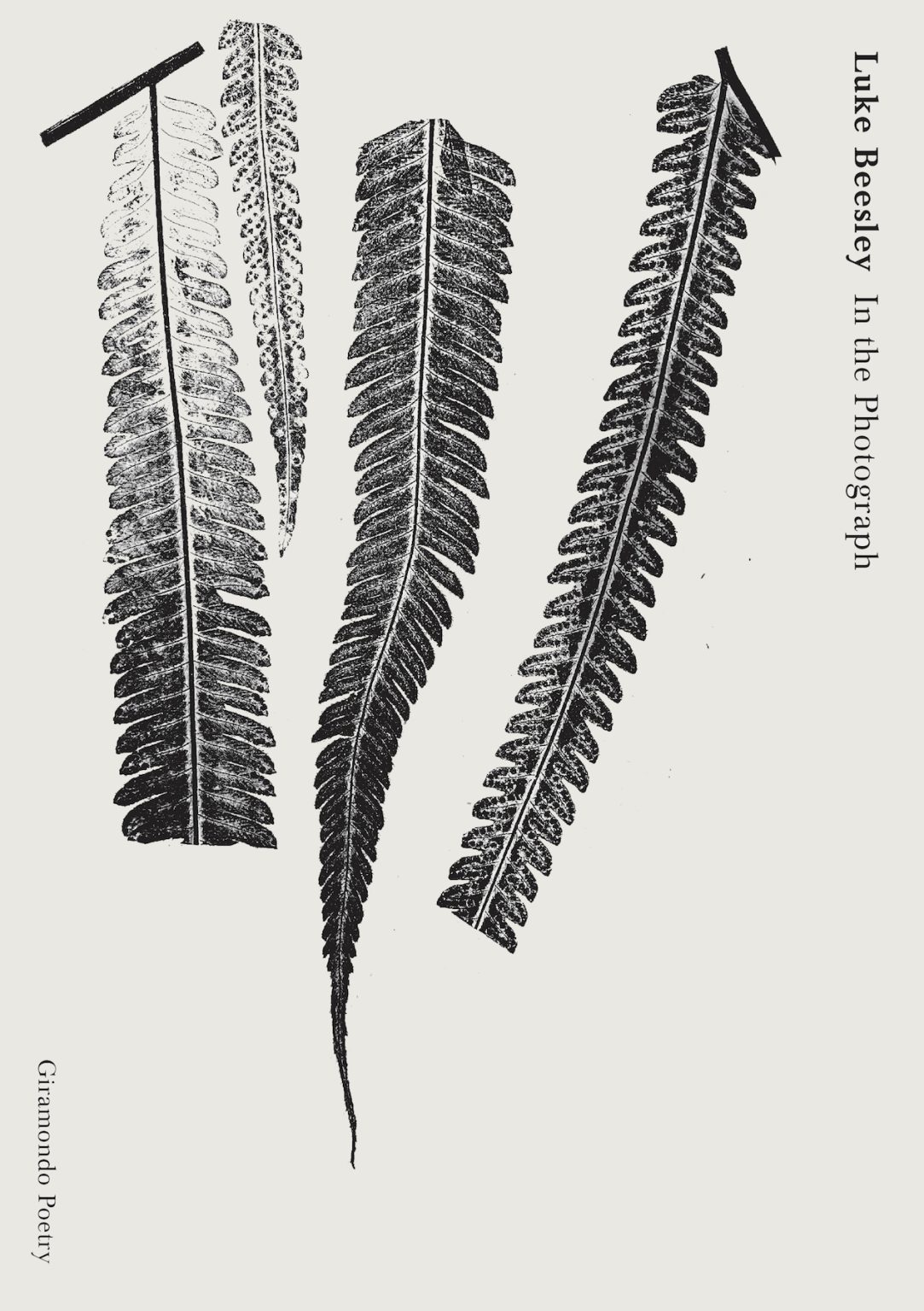Poetry
There is no denying the power of poetry as thoughtful story-telling, a form of expression free from rules, conventions. It allows a safe environment for experimentation, free from the confines of traditionalism. Portraits in words, detailing the ride of life and thoughts of the mind are painted onto the canvas, where the placement of verses on a page can matter as much as the choices of words themselves.
... (read more)Andy Jackson is a poet, creative writing teacher, and a Patron of Writers Victoria. He was the inaugural Writing the Future of Health Fellow, and has co-edited disability-themed issues of Southerly and Australian Poetry Journal. Andy’s latest poetry collection is Human Looking (Giramondo, 2021), which won the ALS Gold Medal and the Prime Minister’s Literary Award for Poetry.
... (read more)Jill Jones has given many interviews about her poetry where, inevitably, an interviewer asks her, ‘What is Australian poetry?’ In one of my favourite quips, Jones says, ‘Is it only Australians who worry about what is “Australian” poetry?’ Related issues are addressed in her pithy foreword to her second volume of new and selected poems, Acrobat Music. She states, ‘I realise, and others have said, my work doesn’t fit easily into a specified school, category or type of Australian poetry.’ This provides a fortifying manifesto to her oeuvre, reflecting Jones’s interest in ‘the possibilities of the poem … form, sound, connotation, address’.
... (read more)'Canterbury Bell', a new poem by Andrea Brady.
... (read more)In her short life, Lesbia Harford (1891–1927) created a body of poems which have become increasingly important to scholars and poets in understanding both the impact of poetic modernism in Australia and shifting concepts of gender, class, and the tensions between a personal and a collective politics. While Oliver Dennis’s 2014 Collected Poems of Lesbia Harford presents Harford’s full oeuvre, the new Text Classics edition, selected and introduced by Gerald Murnane, brings a sharp and accessible focus on this seminal Australian poet, highlighting her key themes and demonstrating a literary style that straddled worlds: from the formal structures and decorous themes of late nineteenth-century poetry to the challenges to form, voice, and subject matter that characterised the emerging revolutions of literary modernism.
... (read more)Alcatraz edited by Cassandra Atherton and Paul Hetherington
Alcatraz is an international anthology of prose poems which builds on the success of previous collaborations between the artist Phil Day and poets Cassandra Atherton and Paul Hetherington. Contributors include many outstanding poets from the United States (twenty-eight), the United Kingdom (ten), and Australia (thirteen), with smaller numbers of poets from India, New Zealand, Germany, Singapore, Vietnam and Hong Kong. The title with its alphabetical alpha and omega, was offered to the poets as an inspiration. I was halfway through the book before I realised the book itself embodies a multitude of jail breaks, vaulting over a range of conventions. These include its front and back cover – entirely taken up by a numinous painted image, the title on its spine the only printed word – and even the luxurious feel of its paper.
... (read more)'Wallpaper', a new poem by Anders Villani.
... (read more)Felicity Plunkett is a poet and critic. Her books are A Kinder Sea, Seastrands, Vanishing Point, and the anthology Thirty Australian Poets (as editor). Her recent essays are ‘Plath Traps’ for the Sydney Review of Books and ‘Strange Territory: Poems as “gifts to the attentive”’ for Australian Book Review. She was an ABR Fellow in 2015 and 2019.
... (read more)Suddenness and the Composition of Poetic Thought by Paul Magee
When I sit down to write this review on a snowy morning during a ten-day trip to upstate New York, are the words I write pre-planned, is the shape of this piece clear in my head, or is it all coming to me as I place my fingers on the keyboard and grapple with the symbols appearing on the screen? Are the words you are reading at this moment the words that I originally wrote on a Northern Hemisphere winter’s morning, or have they been revised, rethought, planned anew.
... (read more)For a long time, Australia has had a conservative poetry culture. In the nineteenth and early twentieth centuries, when modernist poets in Europe, Asia, America, and – somewhat belatedly – the United Kingdom revolutionised international literature, Australian poets continued writing mainly conventional verse.
... (read more)
